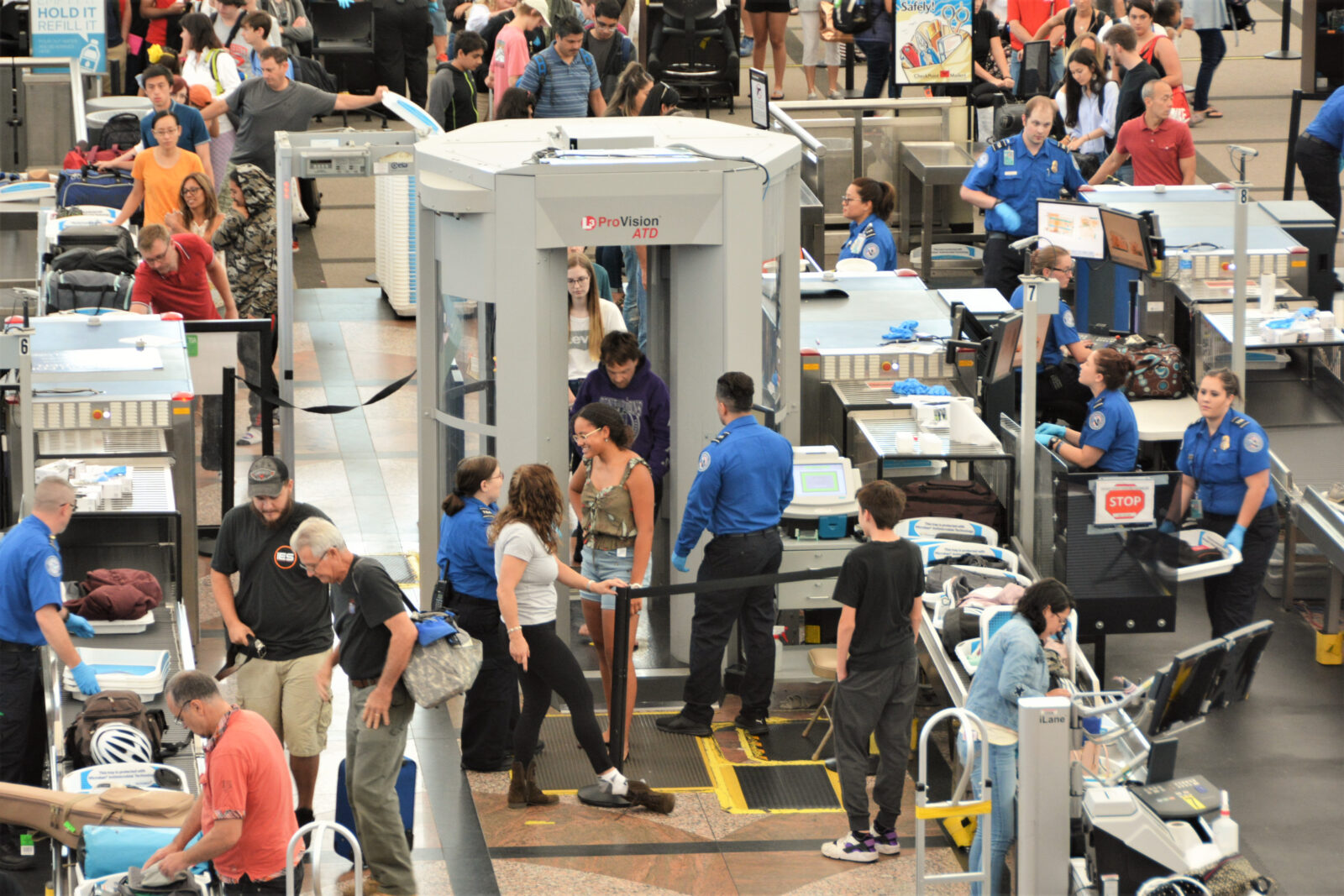
The Transportation Security Administration (TSA) is ending a special program that allows pilots and flight attendants to skip regular airport security screening after serious concerns were raised about aircrew abusing their unique privileges to smuggle drugs, cash, and weapons.
Launched as a joint initiative between the Air Line Pilots Association and industry trade group Airlines For America in 2011, the Known Crewmember (KCM) program was designed to get security-vetted aircrew through airport security checkpoints in as little time as possible.
In its early days, KCM pass holders could get through the security checkpoint without any checks whatsoever, but in the last few years, the TSA has assumed more “active management” in the program.
The form that the TSA’s involvement in KCM has taken is pulling an increasing number of crew for random additional checks that are similar to what TSA PreCheck passengers go through.
Since at least 2022, the TSA has been looking at the very future of the KCM after these random checks kept on picking up pilots and flight attendants who were trying to bring prohibited items through the checkpoint, such as guns and knives.
In some cases, flight attendants have also been busted trying to smuggle illegal narcotics onto planes, including Terese Lee White, a serving flight attendant who was caught trying to use the KCM checkpoint at San Diego Airport to smuggle 3.33 pounds of fentanyl, which was strapped to her body.
And last year, four New York-based flight attendants were arrested on suspicion of working for an international drug cartel by abusing their KCM privileges to smuggle as much as $8 million in drug money from the United States to the Dominican Republic.
KCM, as we know it, will be abolished by the end of 2025 and replaced with a new expedited security screening program known as Crewmember Access Point or CMAP.
CMAP will be secured by linking vetted crew members who can use the checkpoint against their biometric data, including their fingerprints, with aircrew required to complete a fingerprint check before accessing a special security lane.
What the expedited security check will look like is yet to be revealed, although the TSA could adopt a similar program to one that was rolled out across the European Union in 2022.
The expedited screening program for aircrew in Europe is randomized and either directs crewmembers to walk through a metal detector while their bags are being x-ray screened or allows them to skip this step and instead just have a swab taken from their hands, belt, and bags for explosives.
Confirming the upcoming changes, a TSA told us: “TSA plans to implement the Crewmember Access Point program (CMAP), which is a security improvement and successor to the current Known Crewmember Program.”
“The new CMAP, when implemented, will provide opted-in, eligible crew members with expedited access to the sterile areas at participating airports. This change represents a broad security enhancement that has been in development for years.”
Mateusz Maszczynski honed his skills as an international flight attendant at the most prominent airline in the Middle East and has been flying ever since... most recently for a well known European airline. Matt is passionate about the aviation industry and has become an expert in passenger experience and human-centric stories. Always keeping an ear close to the ground, Matt's industry insights, analysis and news coverage is frequently relied upon by some of the biggest names in journalism.








TSA screening is supposed to be about stopping terrorists. This shows it’s really just a law enforcement tool. Next it’s roadblocks searching everyone’s cars.